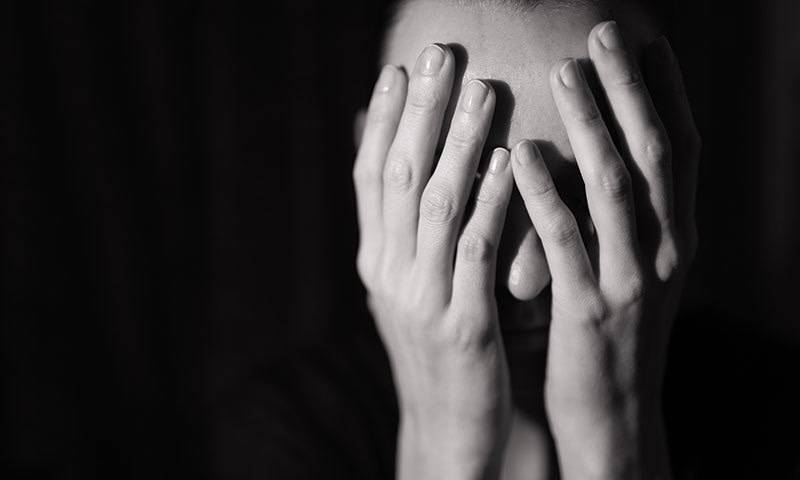
A petition seeking a ban on conducting virginity tests or ‘two-finger test’ of rape survivors has been submitted by a group of women comprising journalists, activists and academics in Lahore High Court (LHC) on Wednesday.
Pakistan Today reported that the petition argued that tests such as the ‘two-finger test’ and examination of the hymen are disgraceful to women dignity, and have no medical authenticity. Therefore, the authorities should be stopped from conducting these tests of rape survivors across the country.
According to petitioners’ lawyer Sameer Khosa, virginity tests in Pakistan are conducted on rape survivors using two fingers to determine whether a woman has been raped or not or by assessing the size of the vaginal opening.
“Such tests are an inaccurate way of testing for rape and they violate a woman’s space and dignity. These so-called ‘tests have no scientific or medical basis. They are an extreme invasion of women’s privacy and bodily integrity as well as a source of re-traumatisation for the rape survivor,” the petition said.
The petition stated that even the World Health Organisation (WHO) has clearly said that there was no medical basis for such tests. It added, “neither the size of the vaginal opening, nor the ease with which the fingers can be admitted, or the state of the hymen are medically sound indications of prior sexual activity. Such tests are banned in India and Bangladesh.”
The petition argued that in Pakistan, the ways through which the authorities get the consent of rape survivors for these tests was also questionable. It stated that “the survivors were either completely unaware or not informed in enough detail with sufficient sensitivity.”
Justice Ayesha A Malik will hear the arguments of both parties regarding the said petition on April 20.
Pakistan Today reported that the petition argued that tests such as the ‘two-finger test’ and examination of the hymen are disgraceful to women dignity, and have no medical authenticity. Therefore, the authorities should be stopped from conducting these tests of rape survivors across the country.
According to petitioners’ lawyer Sameer Khosa, virginity tests in Pakistan are conducted on rape survivors using two fingers to determine whether a woman has been raped or not or by assessing the size of the vaginal opening.
“Such tests are an inaccurate way of testing for rape and they violate a woman’s space and dignity. These so-called ‘tests have no scientific or medical basis. They are an extreme invasion of women’s privacy and bodily integrity as well as a source of re-traumatisation for the rape survivor,” the petition said.
The petition stated that even the World Health Organisation (WHO) has clearly said that there was no medical basis for such tests. It added, “neither the size of the vaginal opening, nor the ease with which the fingers can be admitted, or the state of the hymen are medically sound indications of prior sexual activity. Such tests are banned in India and Bangladesh.”
The petition argued that in Pakistan, the ways through which the authorities get the consent of rape survivors for these tests was also questionable. It stated that “the survivors were either completely unaware or not informed in enough detail with sufficient sensitivity.”
Justice Ayesha A Malik will hear the arguments of both parties regarding the said petition on April 20.
